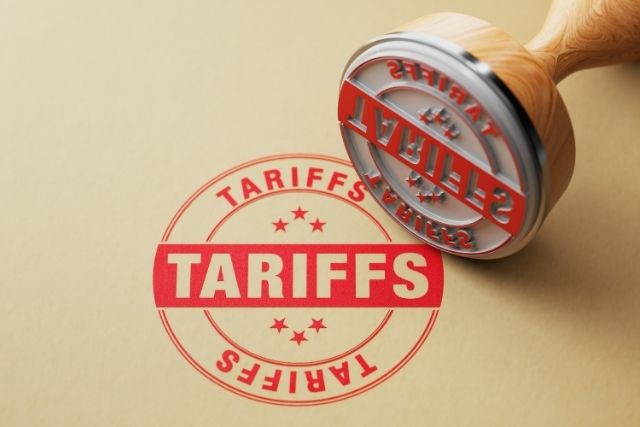The European Union is preparing to impose substantial tariffs on electric vehicles (EVs) manufactured in China. Following a recent vote, the EU’s executive branch has confirmed it has the backing to implement duties of up to 45% on these imports. This move aims to counter what the EU perceives as unfair subsidies provided by the Chinese government, marking the bloc’s largest trade conflict with China in a decade.
The proposed tariffs will impose a significant financial burden on automakers seeking to bring their vehicles into the European market, potentially costing billions. These duties are expected to take effect next month and will remain in place for five years, reshaping the competitive landscape of the automotive industry amid declining global demand.
Divided Opinions About the EU Tariffs
The decision reflects a mix of support and dissent among EU member states. In a pivotal vote, ten countries endorsed the tariffs, while five opposed them and twelve abstained. To halt the proposal, it would require opposition from a qualified majority of 15 member states, representing at least 65% of the EU population. This fragmented approach highlights the varying perspectives among EU countries regarding trade relations with China.
As discussions with Beijing continue, the EU is considering potential compromises, such as setting minimum sales prices for imported vehicles. However, the likelihood of reaching an agreement appears slim, with both sides bracing for possible retaliatory measures. China’s response has been swift, with officials condemning the planned tariffs as “unfair” and a violation of World Trade Organization rules, raising concerns about the risk of a trade war.
Implications for European Car Manufacturers
This tariff decision may benefit European car manufacturers like Renault and Volkswagen, providing them with a more level playing field against their Chinese counterparts. However, there are fears that the tariffs could spur Chinese companies to accelerate plans to establish production facilities within Europe, further complicating the industry’s dynamics.
The EU’s decision to impose tariffs on Chinese EVs marks a significant turning point in global trade relations, as the bloc navigates the complexities of balancing fair competition with maintaining cooperative ties with one of its largest trading partners. As the automotive sector faces mounting pressures to meet carbon reduction goals and adapt to evolving market demands, the developments in this tariff saga will be crucial for the future of electric mobility in Europe and beyond.



